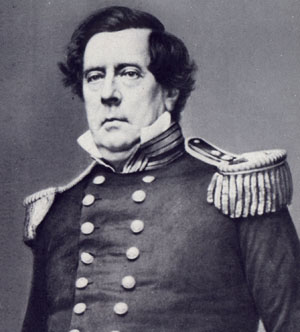What's gotten corrupted is the topic, not surprising given other topics on the same thing that within the first ten posts leap off into other areas. And this "focused scholarly historical discussion" that I'm somehow obstructing? Please.
Every samurai had to know the Five Relationships and recite quotes from Confucianism from memory. Could the IJA do that? Of course not! These were no scholars. They were a ragtag bunch of rapists. Any comparison of them to earlier Japanese military figures is utter nonsense. I'd bet that most WW1 and WW2 amateur historian haven't read any Bushido because they'd likely think, "Why would I ever want to read something that resulted in the IJA?". That's how true nonsense gets started! No wonder we get these crazy topics in which people consider the IJA modern day samurai.
What the IJA had was disciplined German based military training. But like all Japanese, hampered by being 5' 4" inches tall wielding a rifle that with its bayonet is as tall as they are. Can you imagine that? What they lacked was any moral center whatsoever.
http://www.militaryfactory.com/small...allarms_id=249





 Reply With Quote
Reply With Quote
























